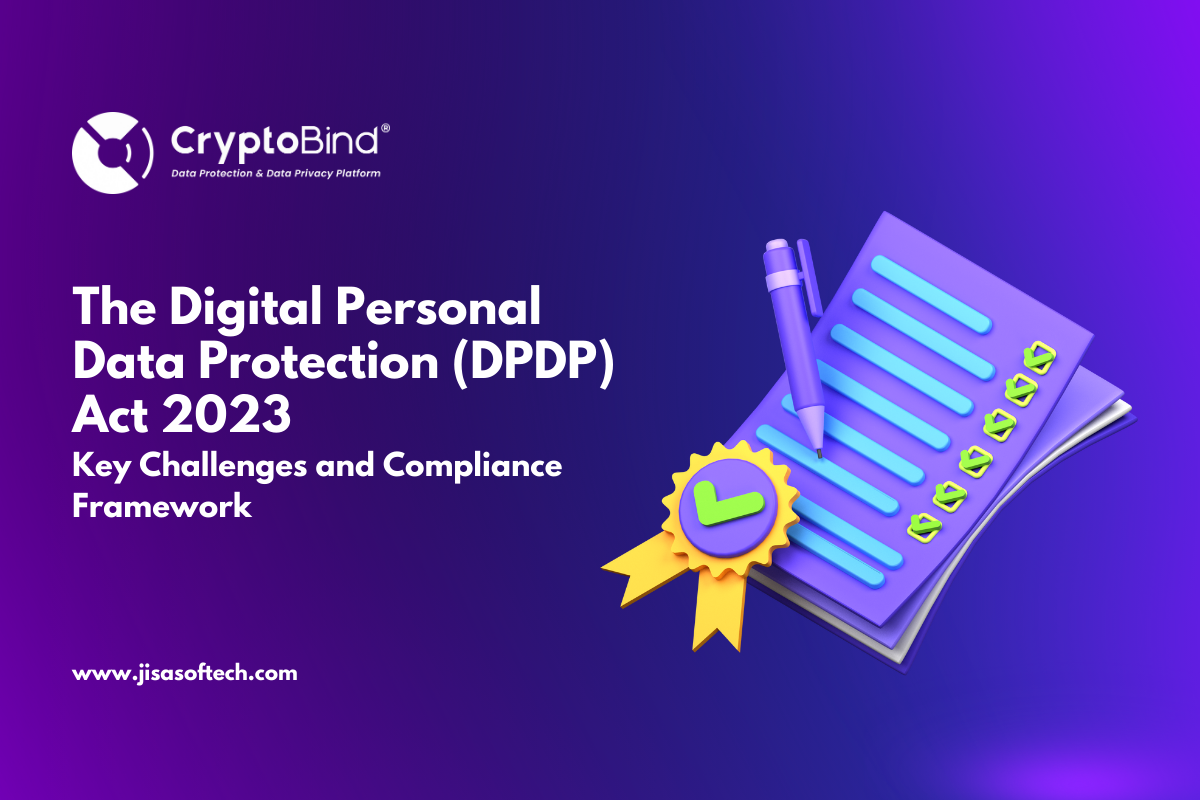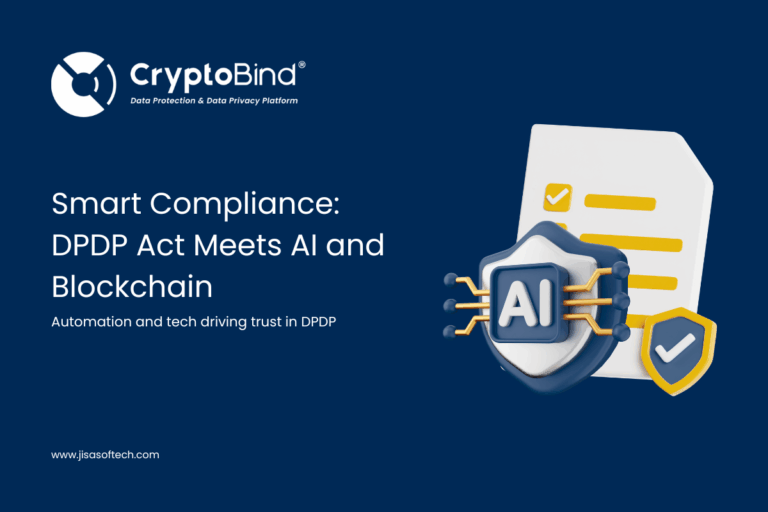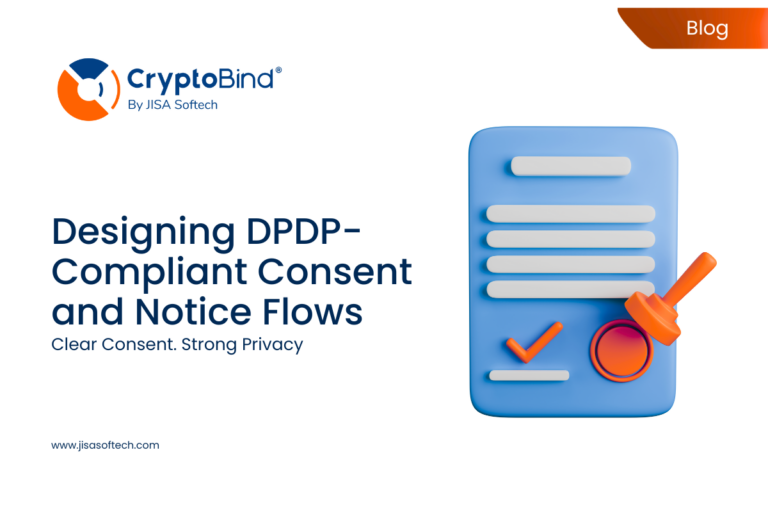The Digital Personal Data Protection (DPDP) Act 2023: Key Challenges and Compliance Framework
The Digital Personal Data Protection Act 2023 (DPDP Act) marks a transformative shift in India’s data privacy landscape, setting a robust legal framework for the protection of personal data in the digital era. Enacted in August 2023, the Act underscores India’s commitment to safeguarding individuals’ privacy while fostering a secure and responsible data-driven economy.
At a time when data breaches, cyber threats, and unauthorized data processing have become prevalent concerns, the DPDP Act establishes clear guidelines on the collection, processing, and storage of digital personal data. It mandates informed consent, data minimization, and accountability, ensuring that businesses handling personal data operate with transparency and integrity.
With its extraterritorial applicability, stringent compliance requirements, and an evolving regulatory framework, the DPDP Act brings both challenges and opportunities, especially for sectors like fintech, e-commerce, and governance, risk, and compliance (GRC). Organizations must navigate these complexities to remain compliant while leveraging data-driven innovations responsibly.
In this blog, we will explore the key challenges posed by the DPDP Act and discuss how businesses can align with its compliance requirements under DPDP Act 2023 framework effectively to mitigate risks, build trust, and ensure sustainable growth in the digital age.
Key Challenges Under the DPDP Act, 2023
1.Compliance Complexity and Increased Regulatory Burden
The DPDP Act establishes a comprehensive data protection framework, requiring organizations to:
- Obtain explicit consent from data principals before processing their personal data.
- Appoint Data Protection Officers (DPOs) to oversee compliance efforts.
- Maintain detailed audit logs of data processing activities.
- Ensure grievance redressal mechanisms for individuals.
For organizations, especially startups and small businesses, these compliance requirements can be resource-intensive and costly to implement. Businesses must revamp their existing data governance policies and deploy new compliance mechanisms to align with the Act’s mandates.
2. Extraterritorial Scope and Global Data Processing Challenges
The Digital Personal Data Protection Bill 2023 applies to any entity processing the personal data of Indian residents, even if the business operates outside India. This extraterritorial scope poses challenges for global organizations, including:
- Understanding India-specific compliance requirements.
- Navigating cross-border data transfer restrictions.
- Aligning with international data protection laws like the GDPR while ensuring DPDP Act compliance.
Since the Act allows the free flow of personal data across borders, except to countries on a restricted list (to be notified by the government), organizations must keep track of evolving regulatory updates to ensure compliance.
3. Cross-Border Data Transfer Ambiguities
The DPDP Act does not mandate data localization, but businesses must ensure that personal data is only transferred to countries approved by the Indian government. The challenge arises from the uncertainty surrounding the negative list of restricted countries. Businesses engaging in:
- Cloud computing,
- Financial services,
- E-commerce,
- AI-driven analytics,
must monitor regulatory developments and adopt flexible compliance mechanisms to accommodate potential restrictions on international data transfers.
4. Managing User Consent and Data Principal Rights
One of the core principles of the DPDP Act is consent-based data processing, ensuring individuals have greater control over their personal data. Organizations must:
- Obtain clear, specific, and informed consent before processing data.
- Provide data principals with rights to access, correct, and erase their personal information.
- Allow individuals to withdraw consent at any time.
Managing user consent workflows and implementing robust mechanisms to facilitate these rights can be operationally challenging, requiring significant investment in data governance solutions.
5. Lack of Standardized Data Security Measures
Unlike global regulations such as GDPR, the DPDP Act does not prescribe specific technical security standards. Businesses must determine appropriate security controls to safeguard personal data against breaches. This includes:
- Data encryption and tokenization for secure storage and transmission.
- Access control mechanisms to prevent unauthorized usage.
- Regular cybersecurity audits to identify vulnerabilities.
Without standardized security guidelines, businesses face uncertainty in implementing appropriate safeguards while remaining compliant with the law.
6. Sector-Specific Compliance Challenges
a) Fintech and Banking Industry
- Financial institutions and fintech firms act as data fiduciaries, responsible for ensuring regulatory compliance.
- Complex data-sharing arrangements with third parties (e.g., digital lenders, payment gateways) increase compliance risks.
- The RBI’s Digital Lending Guidelines (2022) already impose strict regulations, making it crucial for fintech firms to align with both RBI mandates and DPDP requirements.
b) E-Commerce and Online Platforms
- Identifying whether the platform or the seller acts as a data fiduciary is critical for compliance.
- Platforms like Amazon and Flipkart handle vast amounts of consumer data, necessitating clear policies on data processing, retention, and deletion.
c) Service-Based Platforms (Uber, Ola, Zomato, etc.)
- Ride-hailing and service-based platforms share user data with third parties (e.g., drivers, service providers).
- Ensuring data minimization and implementing data masking techniques are crucial to preventing privacy risks.
7. Penalties for Non-Compliance
The DPDP Act imposes strict penalties for non-compliance, including:
- Up to ₹250 crore fine for data breaches.
- Fines for non-compliance with consent obligations and security measures.
- Legal consequences for failing to implement required safeguards.
Organizations must establish proactive compliance strategies to avoid penalties and ensure adherence to regulatory requirements.
Compliance Framework for DPDP Act, 2023
To effectively comply with the DPDP Act, businesses should adopt a structured compliance framework consisting of the following steps:
1. Conduct a Data Privacy Assessment
- Map all data collection points to understand the flow of personal data.
- Identify whether the organization acts as a data fiduciary or data processor.
2. Establish a Robust Consent Management System
- Implement a granular consent mechanism for obtaining and revoking consent.
- Provide users with clear privacy notices outlining the purpose of data collection.
3. Strengthen Data Protection Measures
- Implement data encryption and tokenization for sensitive data.
- Adopt multi-factor authentication (MFA) to prevent unauthorized access.
- Deploy comprehensive data protection and privacy solutions.
- Conduct regular security audits to detect vulnerabilities.
4. Appoint a Data Protection Officer (DPO)
- Designate a DPO responsible for ensuring compliance and handling user grievances.
- Maintain detailed records of data processing activities.
5. Establish Data Governance and Compliance Policies
- Create internal guidelines for data retention, processing, and disposal.
- Conduct employee training on data privacy and compliance obligations.
6. Ensure Cross-Border Data Transfer Compliance
- Monitor the government’s negative list of restricted countries for data transfers.
- Implement contractual safeguards when dealing with third-party vendors.
7. Implement Data Subject Rights Mechanisms
- Provide users with options to access, rectify, and erase their personal data.
- Develop automated workflows to facilitate data deletion requests.
8. Prepare for Regulatory Audits and Compliance Reviews
- Maintain audit trails of data processing activities.
- Develop a data breach response plan to report incidents within mandated timeframes.
Final Thoughts
The Digital Personal Data Protection (DPDP) Act 2023, represents a paradigm shift in India’s data privacy framework, emphasizing user rights, corporate accountability, and strict regulatory oversight. While compliance presents challenges in cost, operations, and risk management, businesses that proactively align with the law will build consumer trust, enhance data security, and mitigate regulatory risks.
By adopting a structured compliance approach, investing in privacy-focused technology, and fostering a culture of data responsibility, companies can successfully navigate India’s evolving data protection landscape.
Get DPDP Act Compliance with CryptoBind
Ensuring compliance with the DPDP Act doesn’t have to be overwhelming. CryptoBind Data Protection and Privacy Platform help businesses secure sensitive data, implement compliance frameworks, and overcome key challenges in data governance.
Need expert guidance? Contact us today to achieve seamless DPDP Act compliance and protect your organization from regulatory risks.
Reach out now to get started!
Email: Sales@jisasodtech.com
Website: www.jisasoftech.com
You can read more on the DPDP Act here:
Achieving Compliance with India’s Digital Personal Data Protection (DPDP) Act
DPDP Act 2023: Key Updates and What’s New in 2025 for Data Protection







